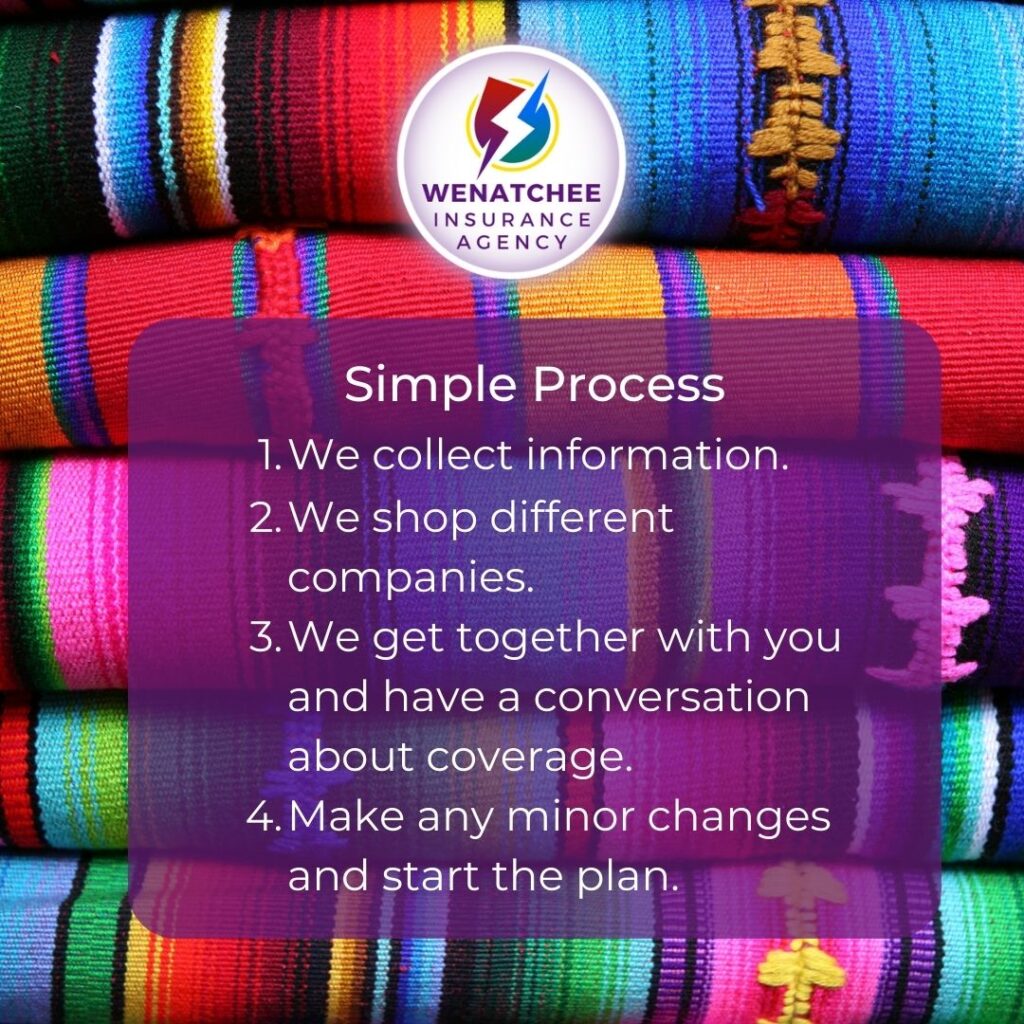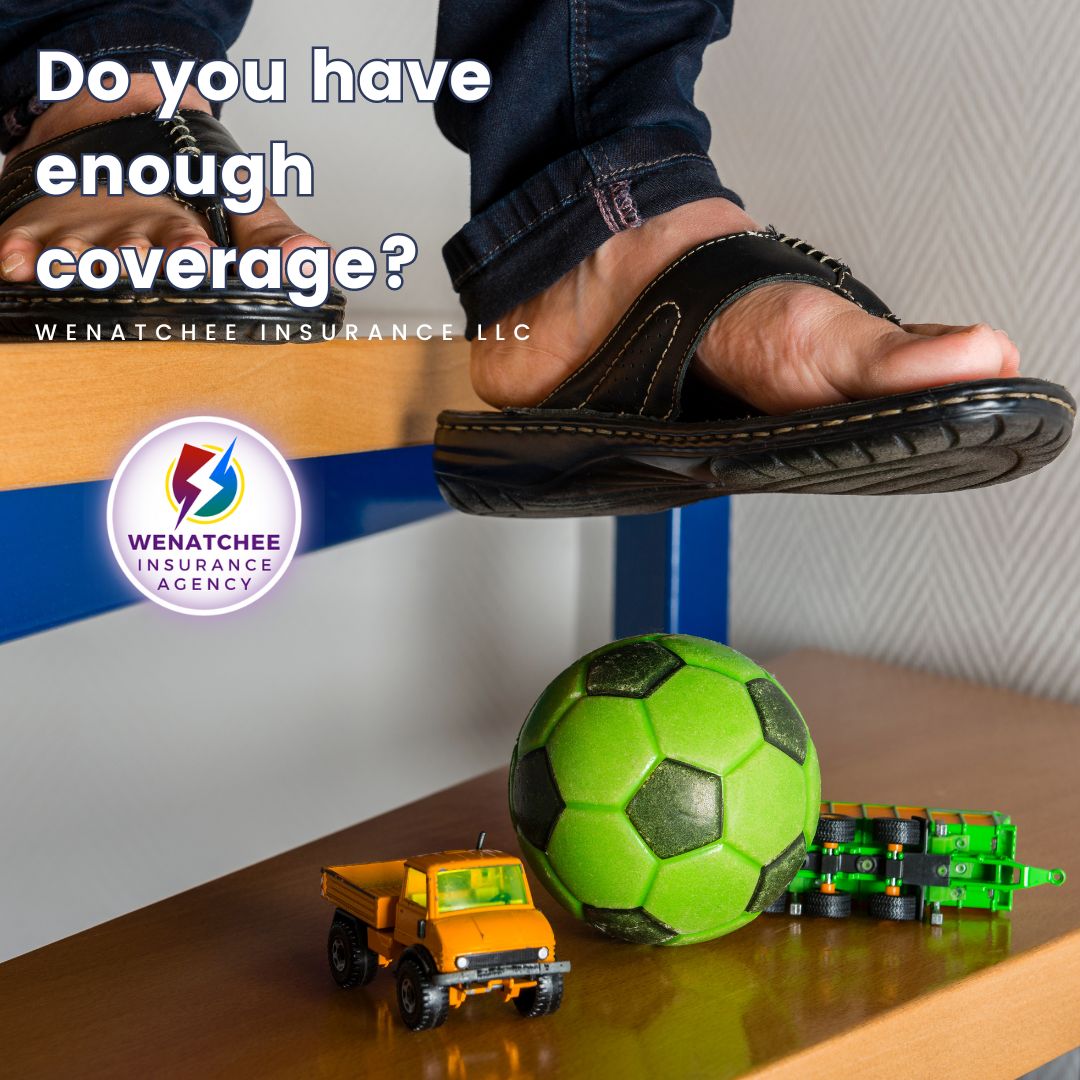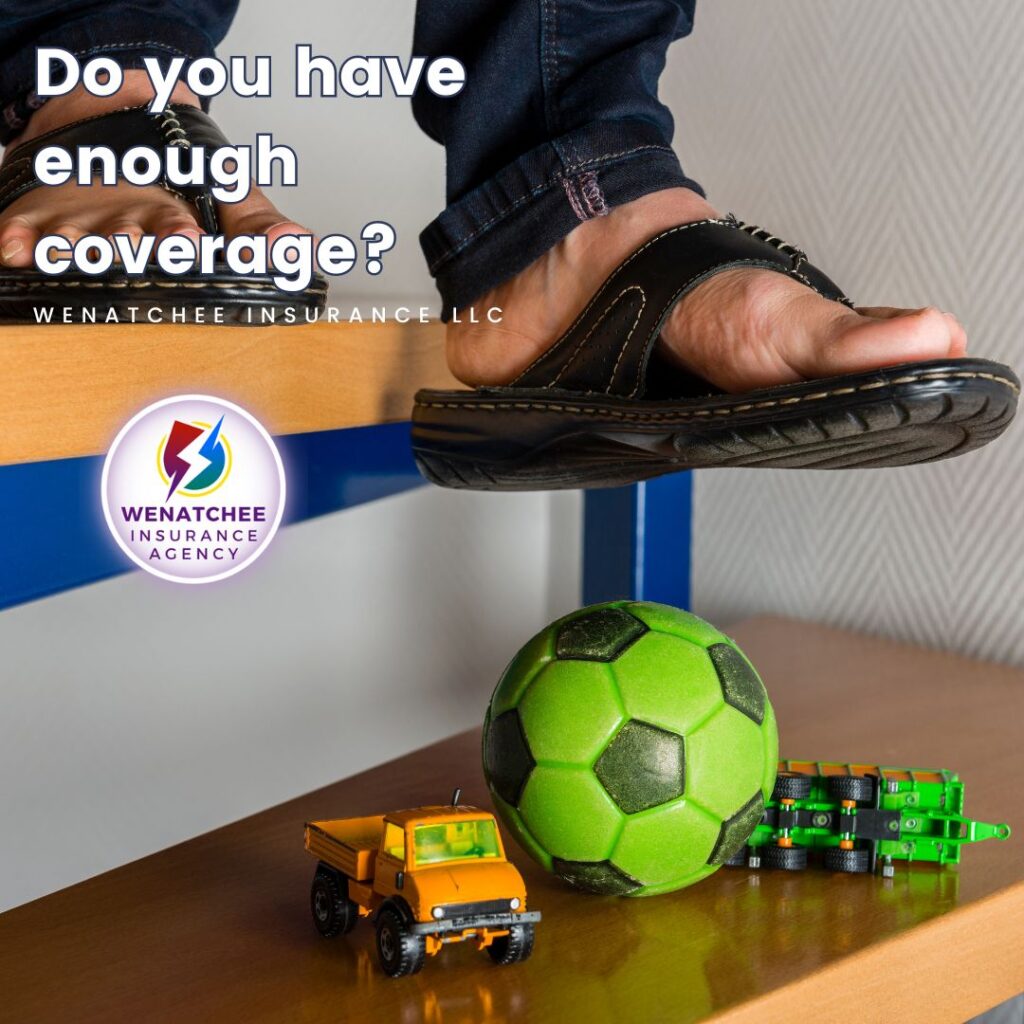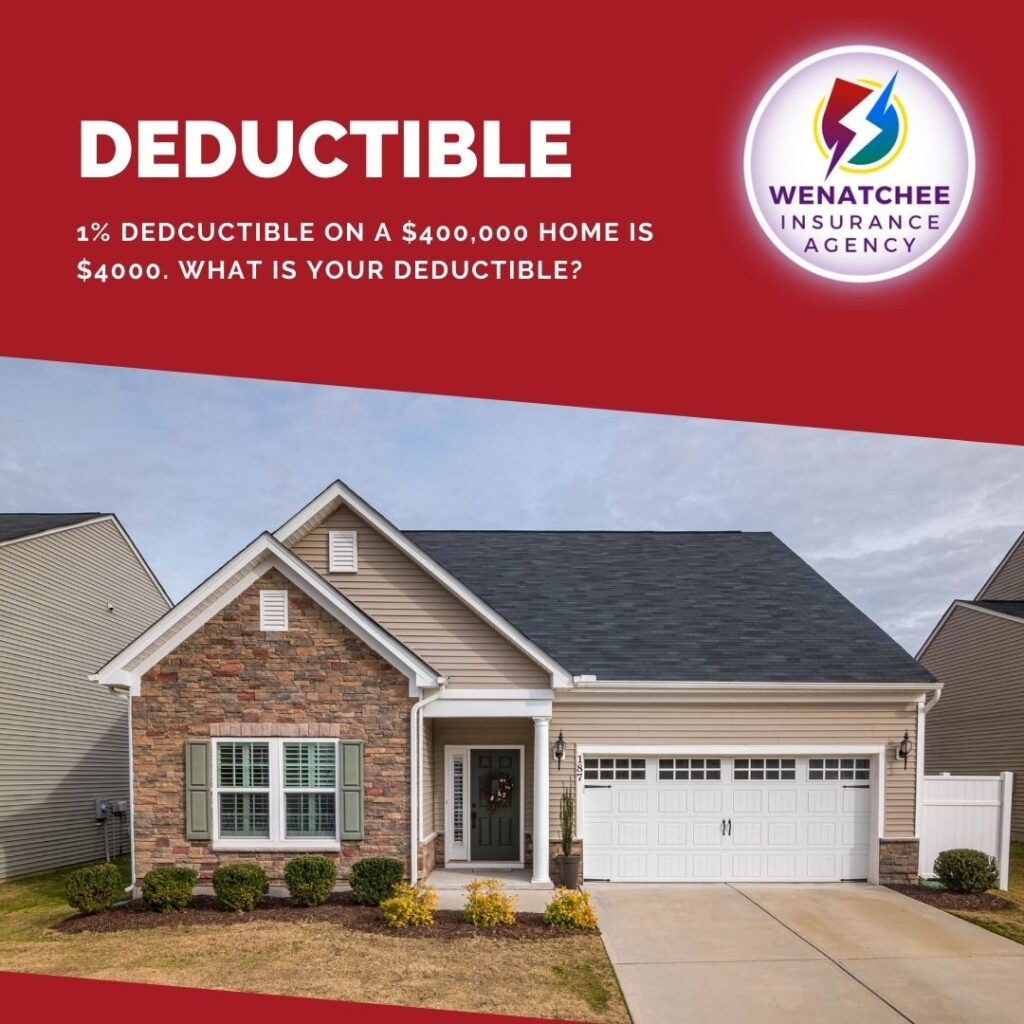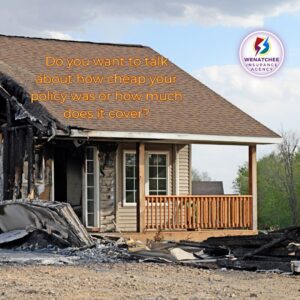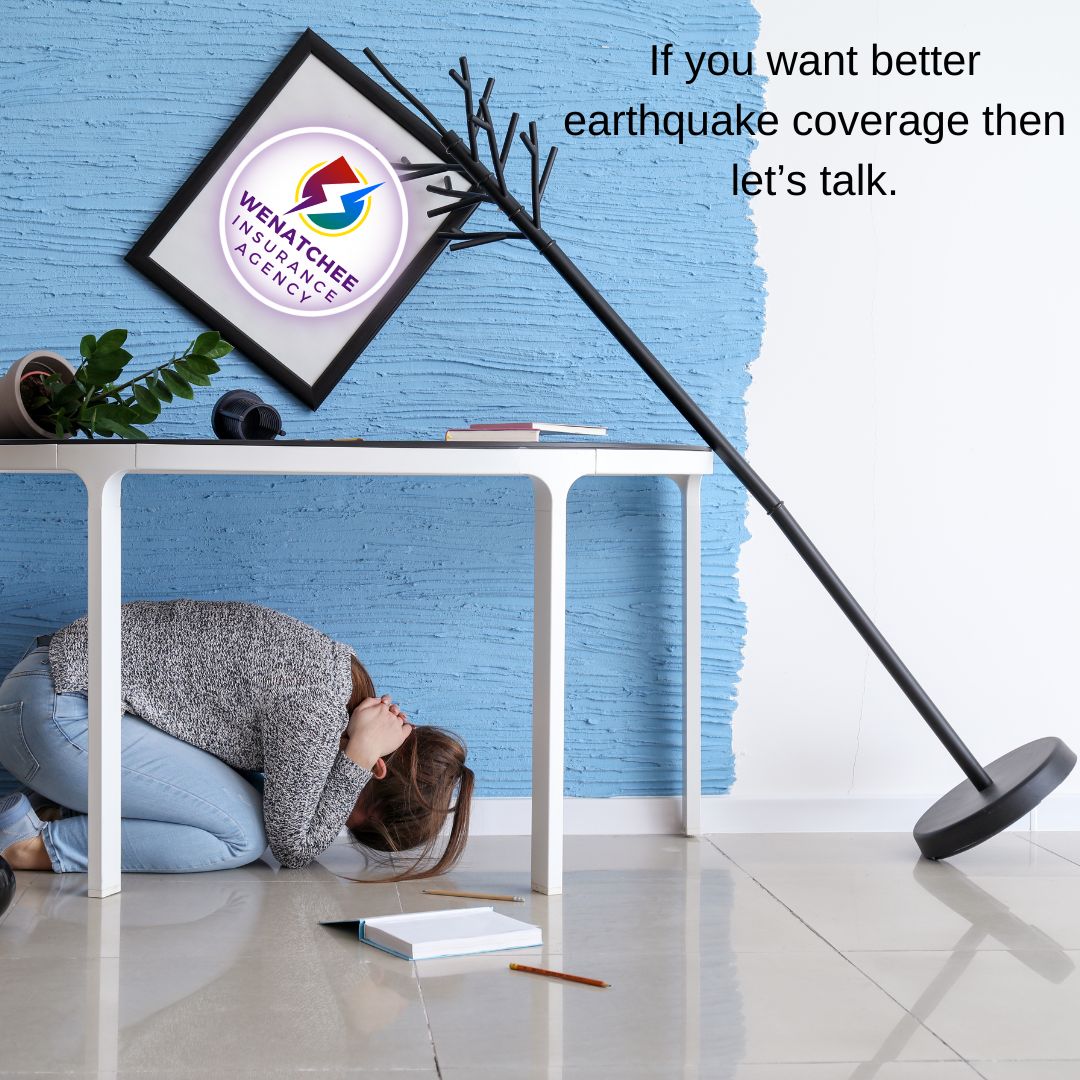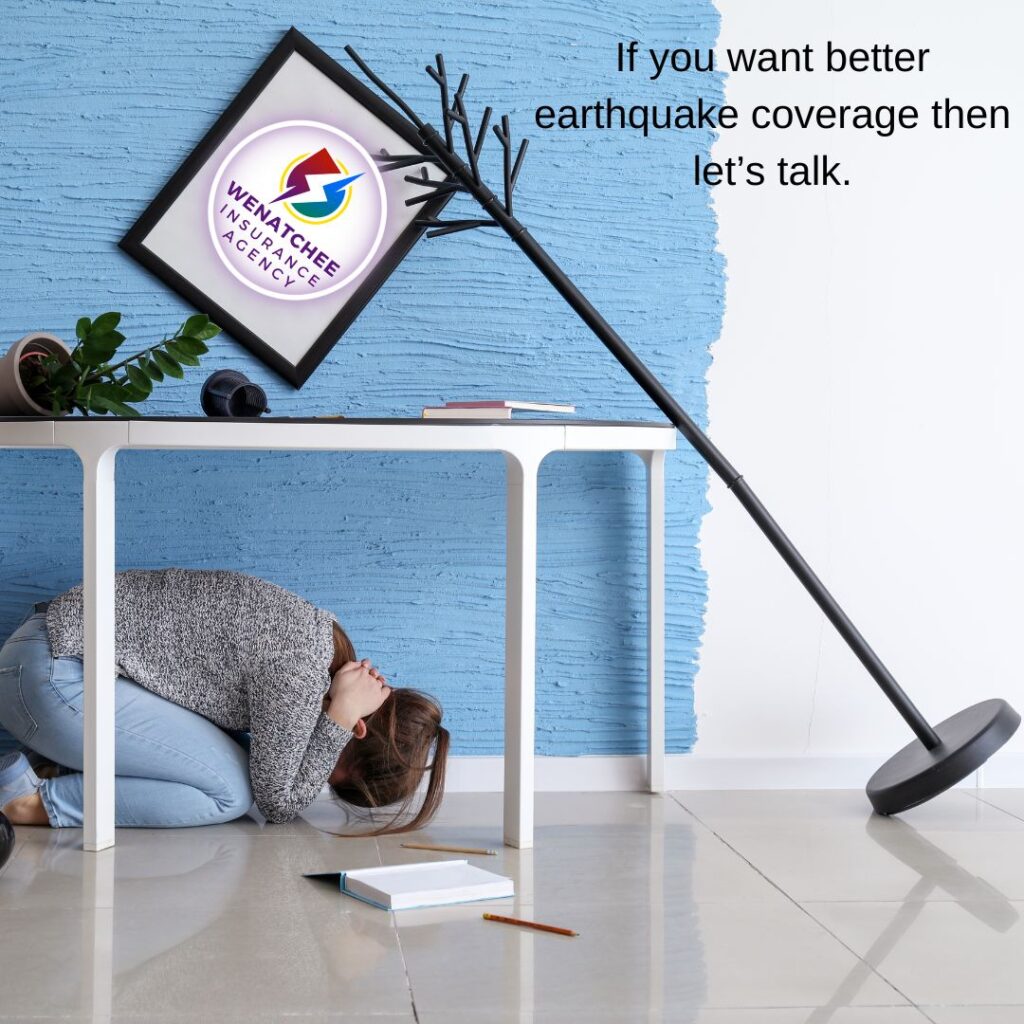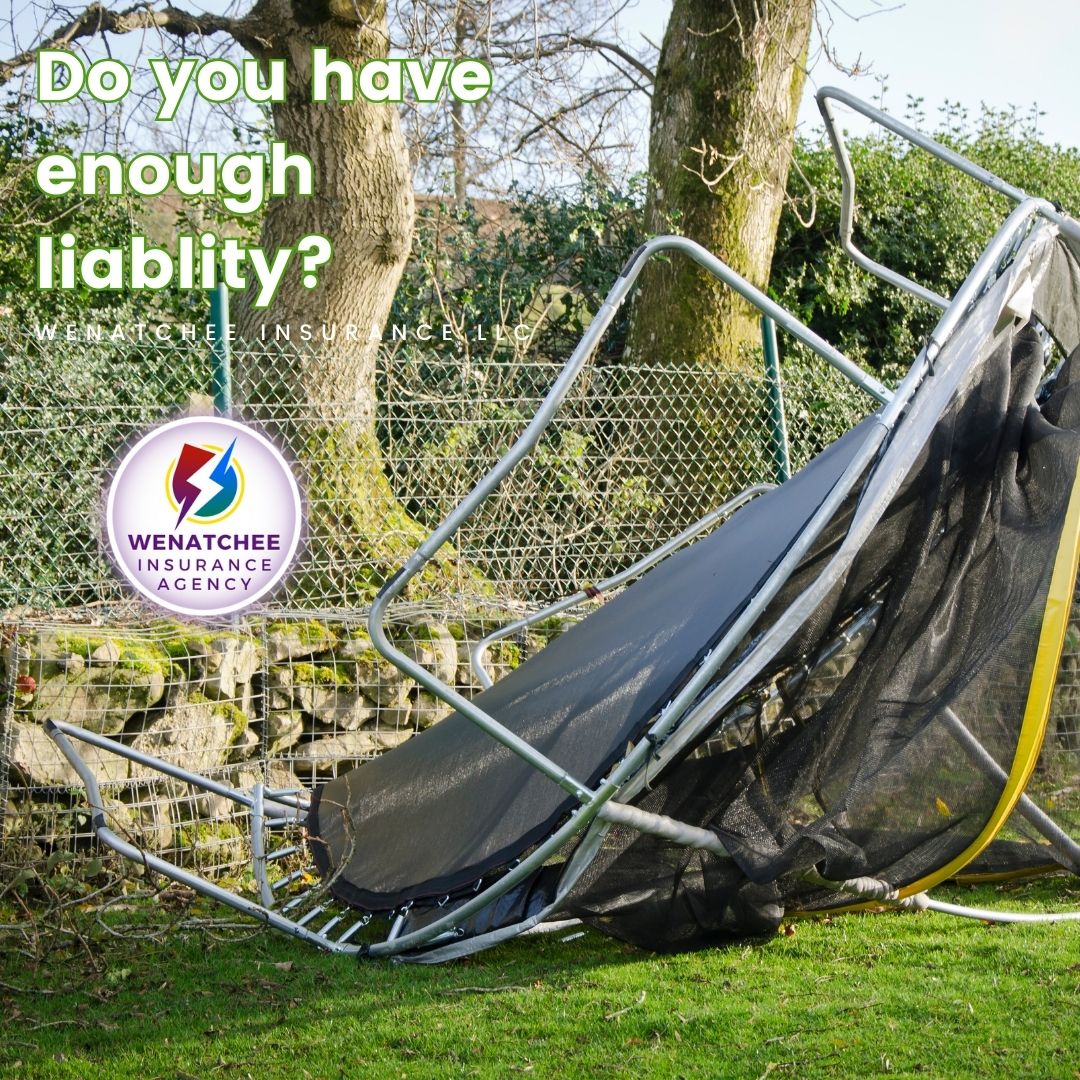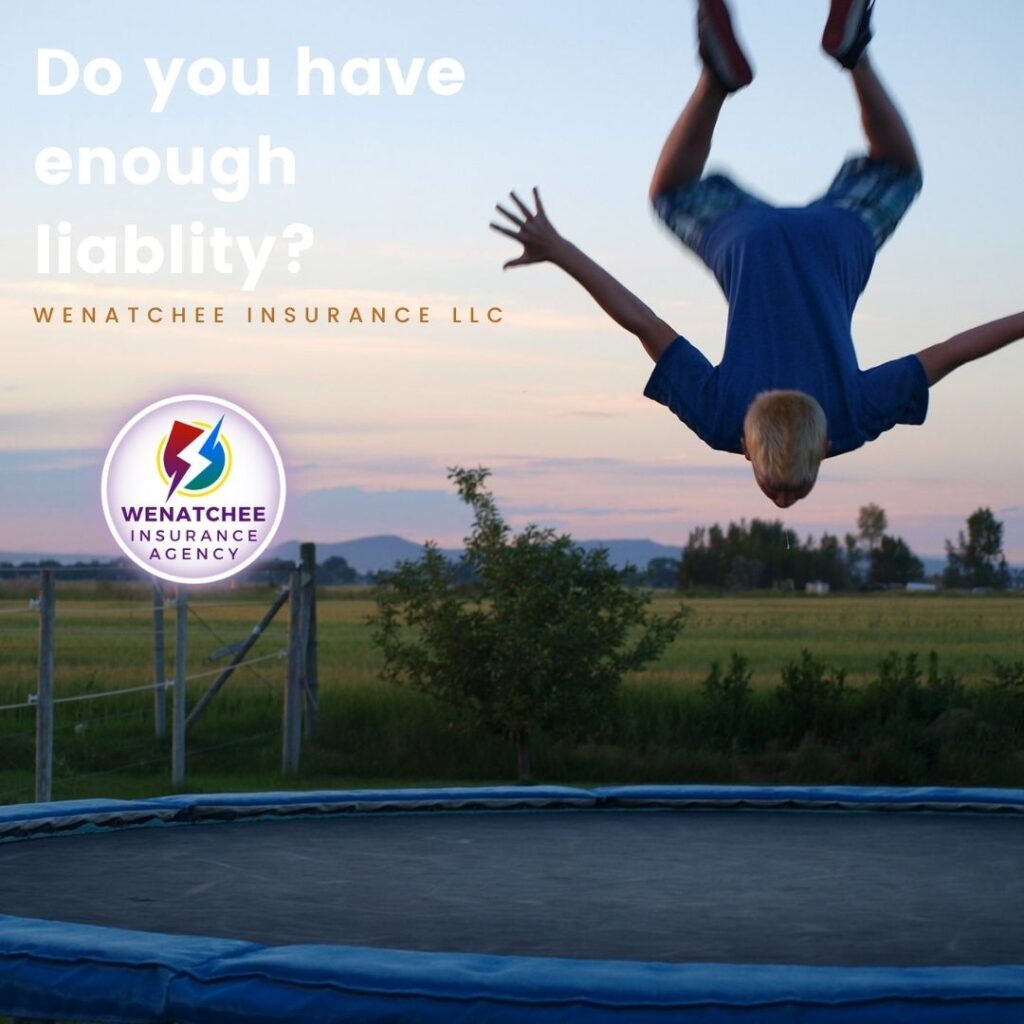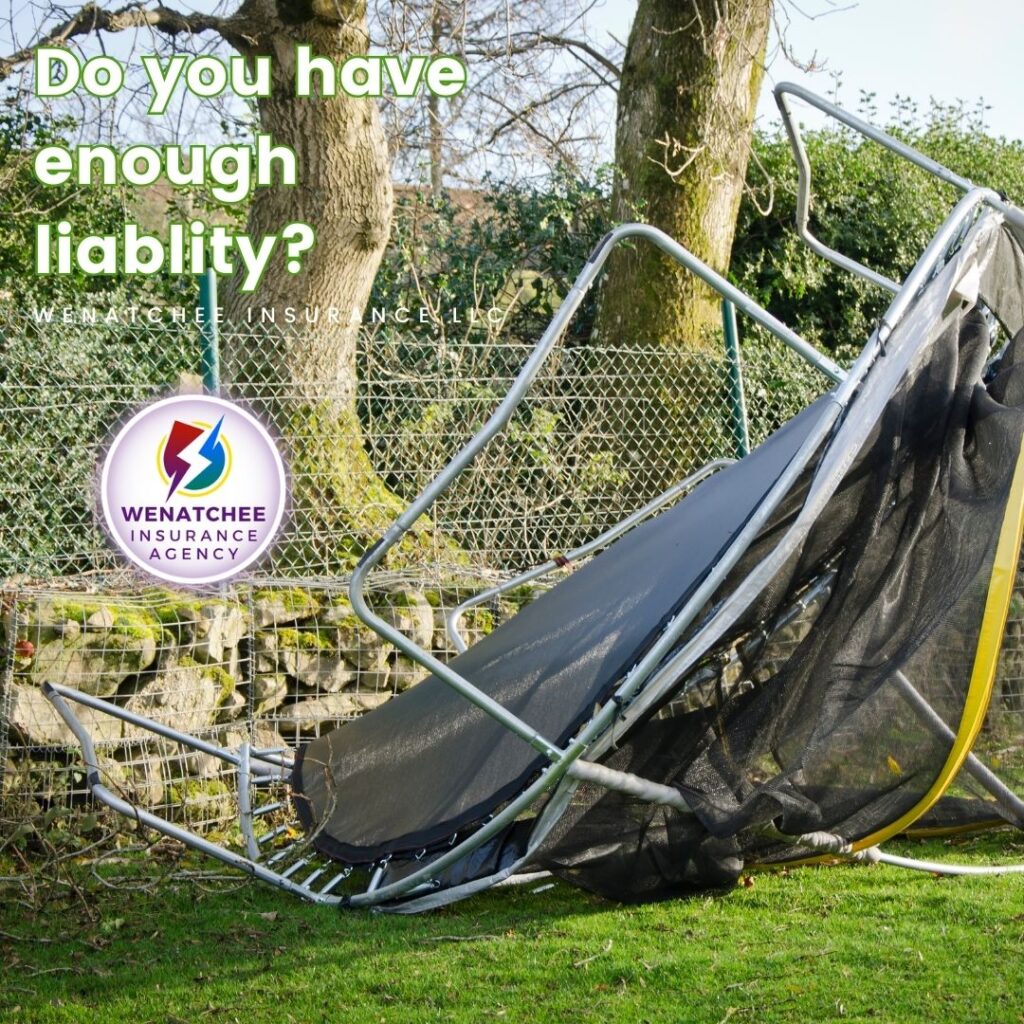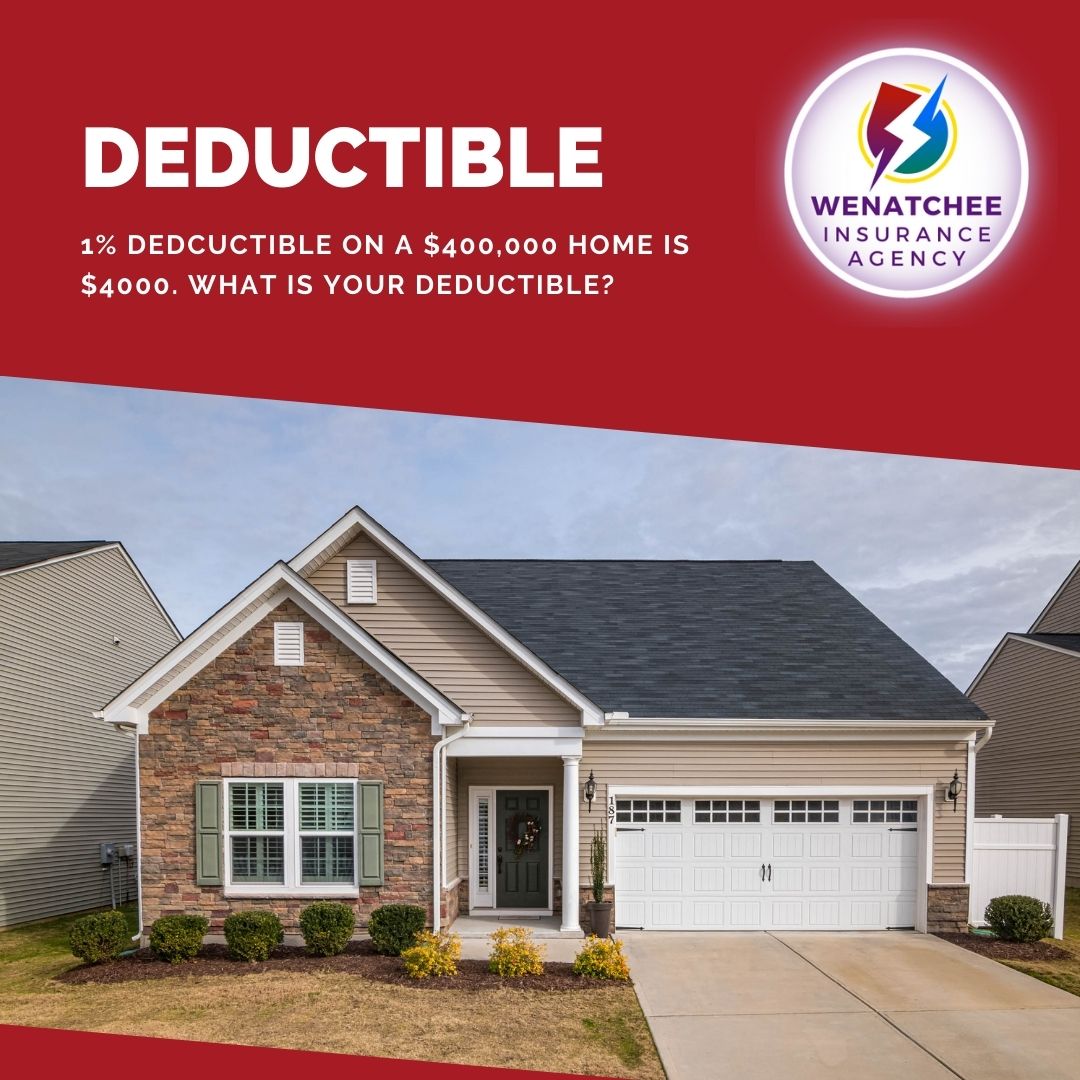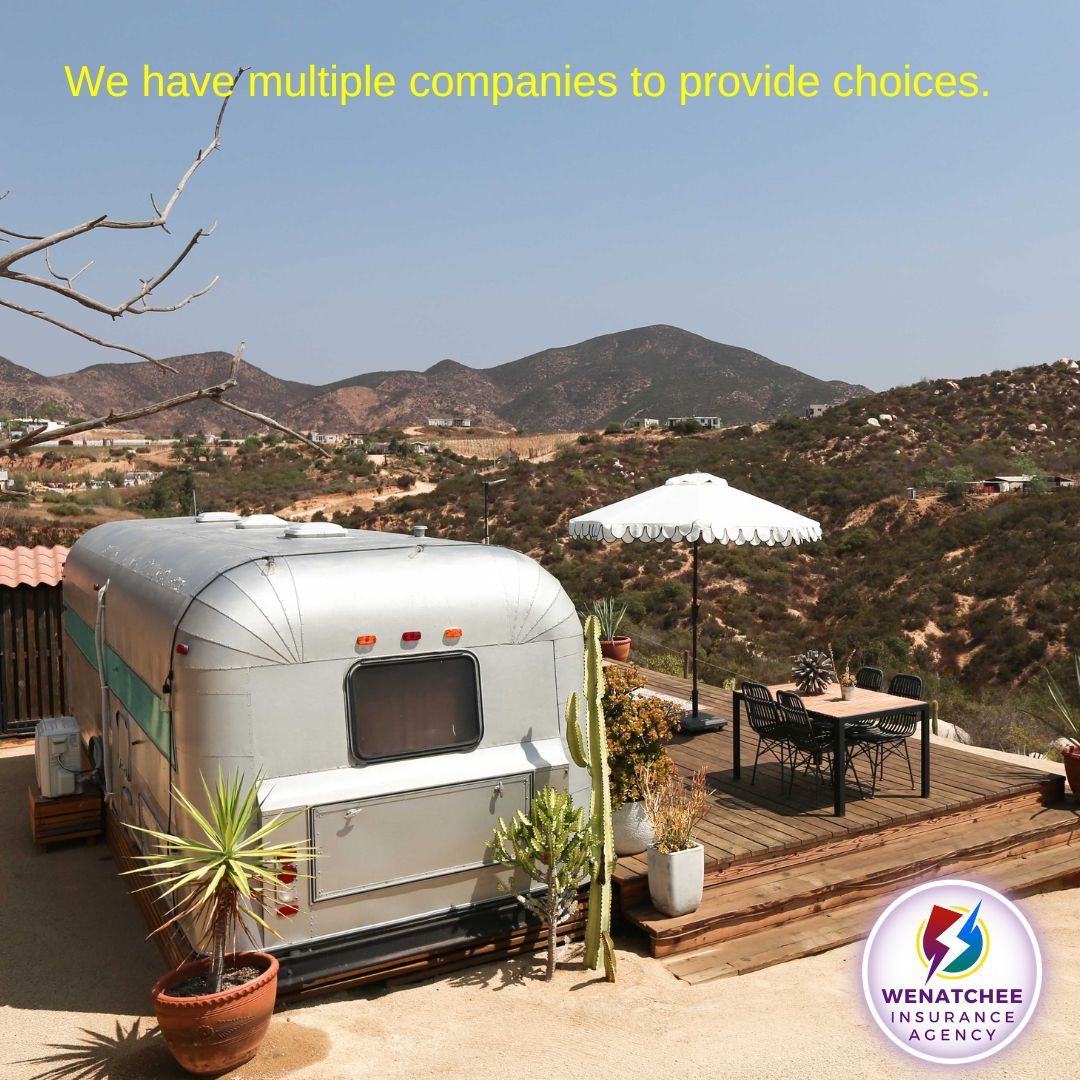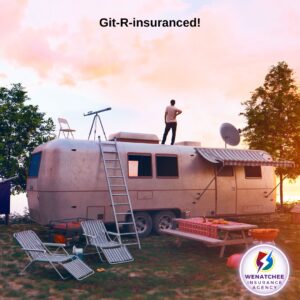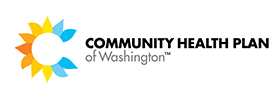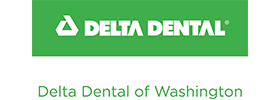Does My Policy Cover Natural Disasters Like Wildfires or Earthquakes?

Let’s look at coverages in a light hearted manner. Imagine your home insurance policy as a superhero squad, each member ready to tackle different villains. Wenatchee Insurance brings together a team of coverage options to protect you from the most dastardly natural disasters.
The Disaster Superhero Squad
Wildfire-Woman She’s fierce, she’s fiery, and she’s here to save your home from going up in flames. Wildfire coverage ensures that if a firestorm hits, you won’t be left in the ashes.
Flood-Fella He’s always in his waders, ready to combat rising waters. With flood coverage, your home will stay dry even when Mother Nature tries to turn your neighborhood into a lake.
Flash Floods are not uncommon in the Canyons and can be deadly.
Earthquake Enforcer When the ground shakes, he stands firm. Earthquake coverage helps rebuild and repair after seismic activity shakes things up.
Being earthquake prepared is an advantage when we have locations like Earthquake Point that highlight the dangers.
Windstorm Warrior Defending against gale-force winds, this hero ensures that your roof stays where it belongs and your windows remain intact.
Hailstorm Heroine Fighting against the icy pellets from the sky, she makes sure your home isn’t left looking like Swiss cheese after a hailstorm.
Beware of percentage deductibles not everyone expects them and can make for a rude surprise.
Disaster Summary:
Join forces with Wenatchee Insurance’s Disaster Superhero Squad and ensure your home is protected from nature’s most chaotic villains.
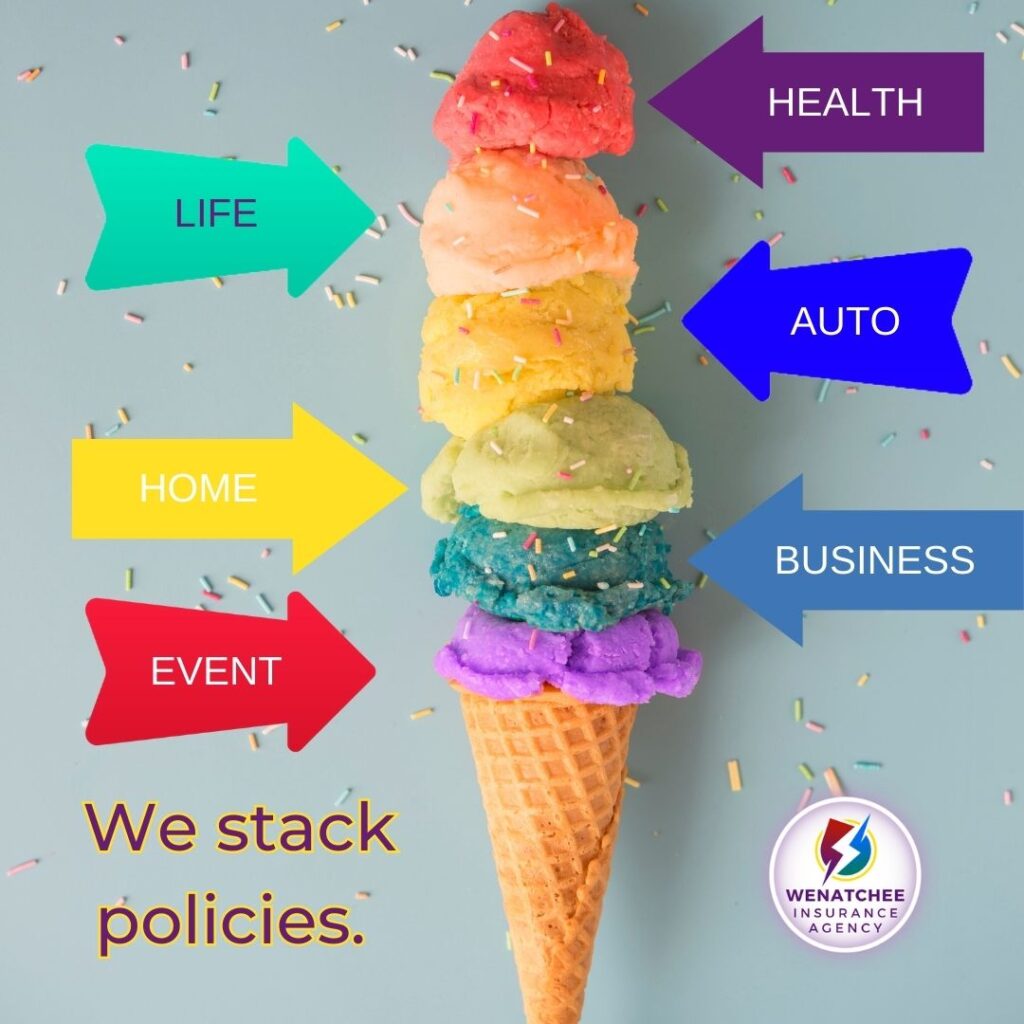
Topics: Home Insurance, Wenatchee Insurance, Independent Insurance Agency, Wind Damage, Fire Damage, Wildfire, Flood, Deductible,



